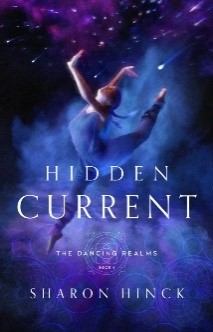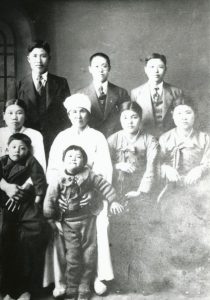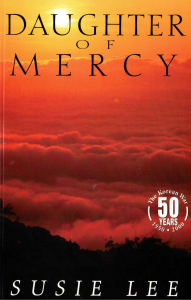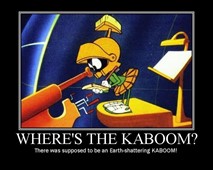In The Picture of Dorian Gray, Oscar Wilde writes that people know the price of everything and the value of nothing. My friend Eric was not such a person. He assigned value to everything in terms of pizza.
You might price a throw pillow at fifteen dollars—he’d say it cost two pizzas. (This was back in the ‘90s.) He counted the cost in terms of the true value it yielded him, and what Eric valued most was pizza.

Nowadays people know the price of everything and the value of nothing.
The Picture of Dorian Gray, Oscar Wilde
His friends called this Pizzanomics. Decisions based on whether sacrificing that much pizza was worth the purchase. Talk about Opportunity Cost!
Opportunity costs means “What else could I have done with my money?”
Adem Selita, chief executive officer at The Debt Relief Company in New York, N.Y.
There is an opportunity cost attached to each word a writer uses. We need to draw readers into new realms where they can connect with and vicariously strive alongside our characters. We need to craft our expressions with intention—be it chapter, scene, paragraph, or word—to ensure our writing is concise but not boring. Remember, our readers are also counting their opportunity cost. Don’t let them wriggle off your hook.

What is in a word? Would that rose by any other name really smell as sweet? What else could we have done on the page? With that description?
Word choice matters. I remember a high school reading assignment where the narrator referred to the scent of bruised gardenias. If he had used “stink” instead of “scent,” what sense would that have conveyed?
Color your world… with words
The genre and setting should color our work. Don’t just close a door. If the story is set in space, let it whoosh. A stone castle door could grate or grind as it moves. Wooden village gates and doors might creak. Clues like this give readers a sense of the world’s setting and reflect the character’s unique POV.
Similes, metaphors, imagery, and expletives are prime opportunities to make strategic word choices.
Sandfly, a debugger in A Star Curiously Singing, book 1 of Kerry Nietz’s Dark Trench saga vents his frustration with an exclamation of “Crichton and Clarke,” two historical science fiction authors.
The amphibian dwellers of my water-covered planet mutter shells under their breath and taunt each other with sea creature insults.
And in Hidden Current, Sharon Hinck introduces the dancers of the Order with this beautiful imagery before she reveals they live on a floating world.
We lunged and poured our bodies forward. We moved like channels of water, divided, as if by an unseen boulder into two streams that circled the room, arching, flowing, reaching.
A ripple disturbed the flow.
Sharon Hink
This passage pours beauty and warmth into my soul. She did that with words.
At a Realm Makers workshop, Sharon said words should serve as double-agents, communicating more than their face-value to the reader.


Make each word earn the space it occupies. If it cost five dollars to use, would you still plug it in?
Don’t use the fanciest words to show off vocabulary prowess (or adept use of a thesaurus). Aim to transport readers, rather than impress them. If they think about the author while reading, we’ve missed the mark. But make sure to communicate all we can with that noun, verb, and article—so readers have a deeper sense of our world.
A word fitly spoken is like apples of gold in settings of silver.
Proverbs 25:11 KJV
If a spoken word carries that much potential, how much more do words inscribed—utterances recorded to outlast the breath that launched them. Invest wisely in your words to compound the impact for your reader. They will be reluctant to emerge from this story and eager to plunge in to your next one.

Sophia L Hansen is an author and editor with Havok Publishing and loves to write In Other Worlds. She’s lived on a tiny island in Alaska, the bustling cities of New York and Boston, raised kids in Tennessee, and now resides just outside Birmingham, AL. After 30+ years of marriage, seven children, and numerous pets, Sophia still fits into her high school earrings.
You can follow Sophia’s words and worlds at https://www.sophialhansen.com/, Facebook, and Instagram.






















